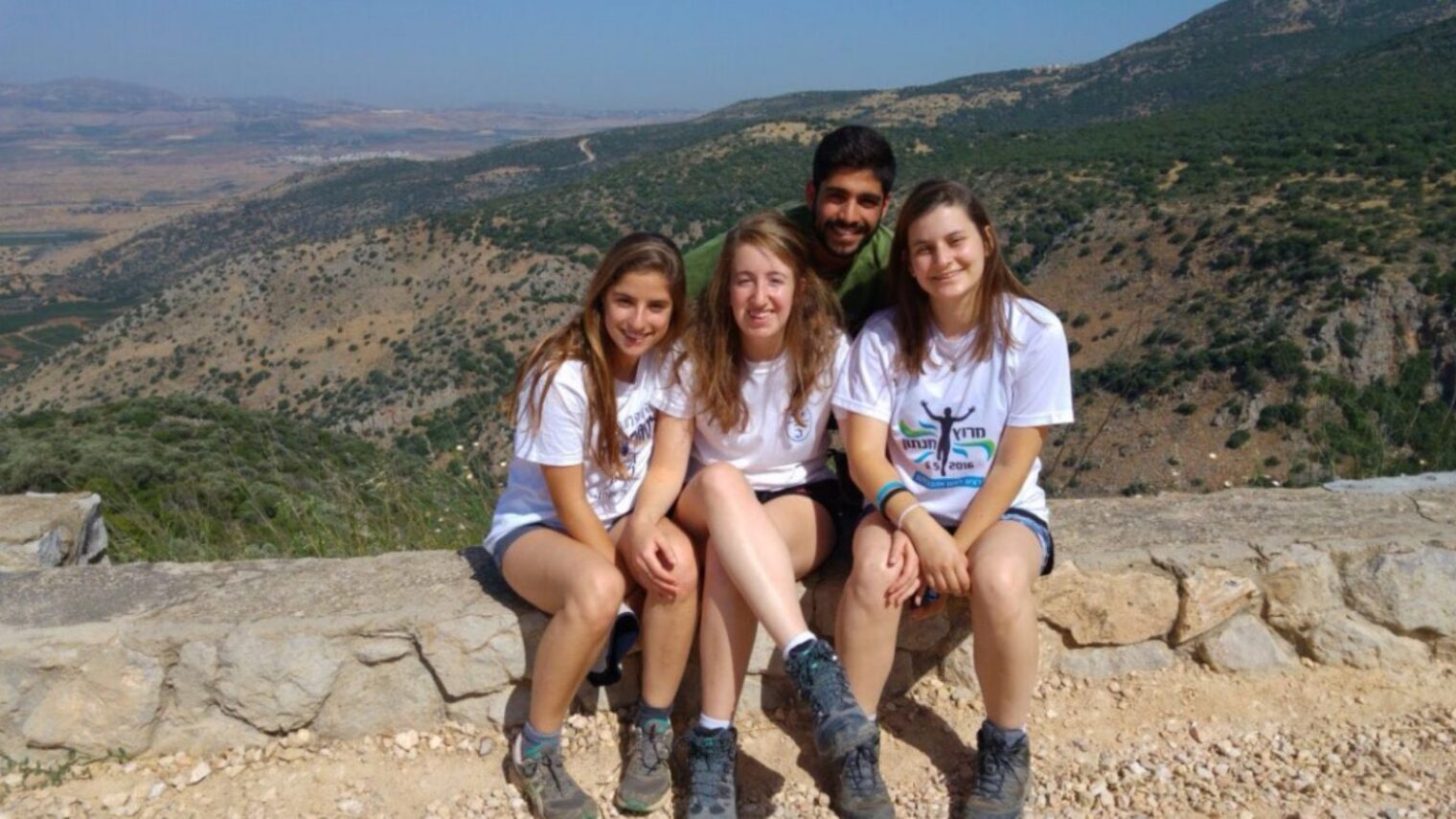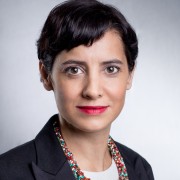Educators in countries without compulsory military service often ask me, “How can we create a stronger connection between youth and community? How can we teach them responsibility and accountability?”
They assume that compulsory military service in Israel inspires these characteristics. I don’t adhere to this assumption. I believe other Israeli frameworks that target positive causes enable these characteristics and can serve as models to replicate. They do, however, come with a price: postponing life for a year. But is it a price, or is it actually a prize?
Mechina
Mechina is an optional preparatory year before commencing military service at 18. There are many mechinot throughout Israel but they each focus on three pillars: informal study, volunteering and community life in a closed commune-style group. You’d be surprised how stimulating it is.
The purpose of mechina studies is not academic achievement. There are no exams or papers to submit, no homework or deadlines. Instead, the study component aims to broaden horizons, instill an awareness of one’s community, society, and environment via interactive seminars exploring topics including Judaism, Zionism, Israeli society and its challenges, philosophy, psychology, economy, and much more.
Mechinot encourage volunteering and facilitate a variety of options. Most volunteering is undertaken within underprivileged population centers and includes personal guidance, organizing and implementing extracurricular activities, delivering private lessons, taking on positions in community centers, and more.
Living in groups of 20 is dynamic and meaningful. Individual groups determine their daily routines, from what they eat for breakfast, to who will clean the toilets, the content guiding their studies and volunteer work.
Mechina serves as a bridge between childhood and adulthood; between school and military service. Youth leave their family homes for the first time and move in with 20 other people their own age, to manage every aspect of their lives independently.
Shnat Sherut
Shnat sherut (year of service) is a voluntary service program for Israeli high-school graduates who defer their military service to work in community programs and organizations.
Programs are based in developing towns and disadvantaged communities, institutions for the disabled and the elderly, residential schools for youth at risk, youth movements, nature/ecological organizations, and many other civic organizations and projects. Beneficiary agencies and the Ministry of Education provide youth with room, board and monthly pocket money.
Shnat sherut provides participants firsthand insight into worlds most of the volunteers don’t know exist. These youth encounter poverty, prostitution, lack of education and neglect. It’s life as they’ve never seen it before, which they must now confront, cope with and contribute to, if they can.
As the number of 18-year-olds postponing military service is necessarily limited, shnat sherut and mechina programs are prestigious, competitive and selective. Both have networks of mentors, social workers and other adults who support the group throughout this transitional year.
On the one hand, the teens are expected to take on responsibilities and become independent; on the other, they’re offered as much support as they need. Ideally located somewhere between childhood and adulthood, they have the year to decipher their place in each category. With proper adult guidance – supportive yet not authoritative – these youngsters are motivated to adopt both the social norms of adulthood and more responsibilities. The platform serves as the perfect balance for freedom to experiment under supervision.
Should we encourage our kids to postpone life?
Compulsory military service means Israelis start regular life (university, work, family) two to three years later than the rest of the Western world. Instead of going to university at 18 they begin only at 22, shortening their working years from 50 to 47.
In a world where being young and relevant is a key to success, why should they postpone their lives for yet another year?
The decision to volunteer and the choice of sector for any shnat sherut and mechina is determined by the individual. These youth choose if and where they want to spend the next year of their lives. Until this point, they have been part of educational frameworks which have governed their lives for 12 years. In most Western countries, turning 18 simply means joining yet another educational institution, university or college. It’s another framework that guides their focus and evaluates their behavior, without giving the freedom to explore and make mistakes.
Now consider shnat sherut, a year where youth live independently of adult supervision and are allowed to try out various social roles. They are given an opportunity to show initiative and responsibility. This means if they fail, it’s their failure, and if they succeed, it’s their success. This is their first real encounter with ownership.
Meaningful volunteering in informal frameworks provides youth with a gradual yet efficient transition from adolescence to adulthood, requiring them to demonstrate a variety of skills and an intellectual ability to deal with theoretical and ideological issues.
Moreover, the social location of their shnat sherut, whether it be a community center for youth at risk, nursing home or hospice, forces these youth to face difficult questions and challenges. Coping with and overcoming these problems generally provide them with a satisfying sense of success. Even if they can’t see great social change, their participation in the process is tremendous.
In my opinion, creating a stronger connection between youth and communities, and teaching them responsibility and accountability, lies in these special frameworks that guide our children toward social, political and environmental awareness, with clear potential to influence and contribute to the lives of others. Society is theirs today, not five years from now – and it’s theirs to improve or impair.
Should we encourage youth to postpone their lives for another year? There really is no correct answer. It’s true that postponing university and job-seeking for four to five years is significant. Even one year is a long time to be out of the game. Then again, isn’t going to university at 18 actually postponing life? Aren’t the challenges, questions, human encounters and self-exploration only a prerequisite to life? Is learning a profession before knowing one’s society, or even oneself, more beneficial than doing so a few years later, after living through a challenging, wonderful, sometimes excruciating experience?
These are questions that close to 10,000 Israeli youth have answered. Giving youth responsibilities, a sense of community and drive can develop them into essential members of society with a real sense of civic duty and motivation to improve life around them.
Inbal Arieli was a lieutenant in the elite IDF intelligence 8200 unit and later took leading roles in the Israeli high-tech sector. She is a senior advisor to Start-Up Nation Central and is currently co-CEO of Synthesis. Featured as one of the 100 Most Influential People in Israeli High-Tech, Inbal is working on an exploration of how Israeli culture breeds entrepreneurs from a young age. You can follow her on her blog or on Twitter, Facebook and Medium.
















